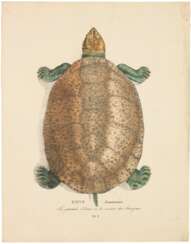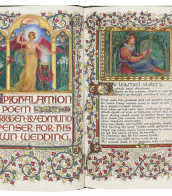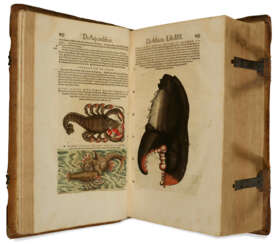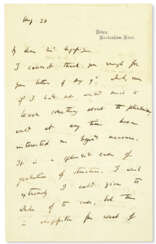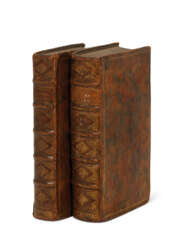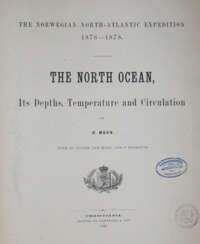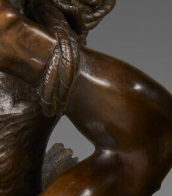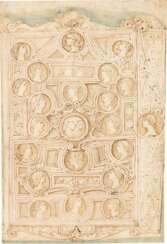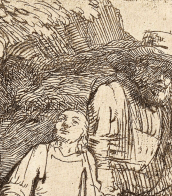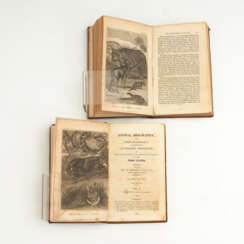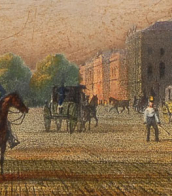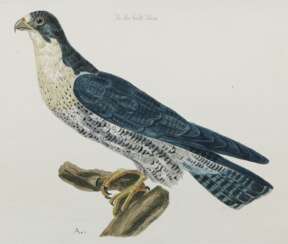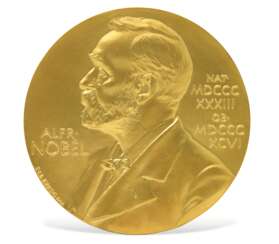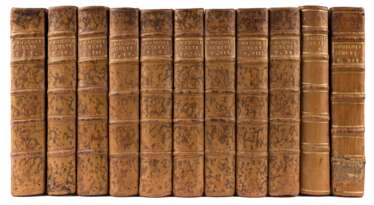zoology
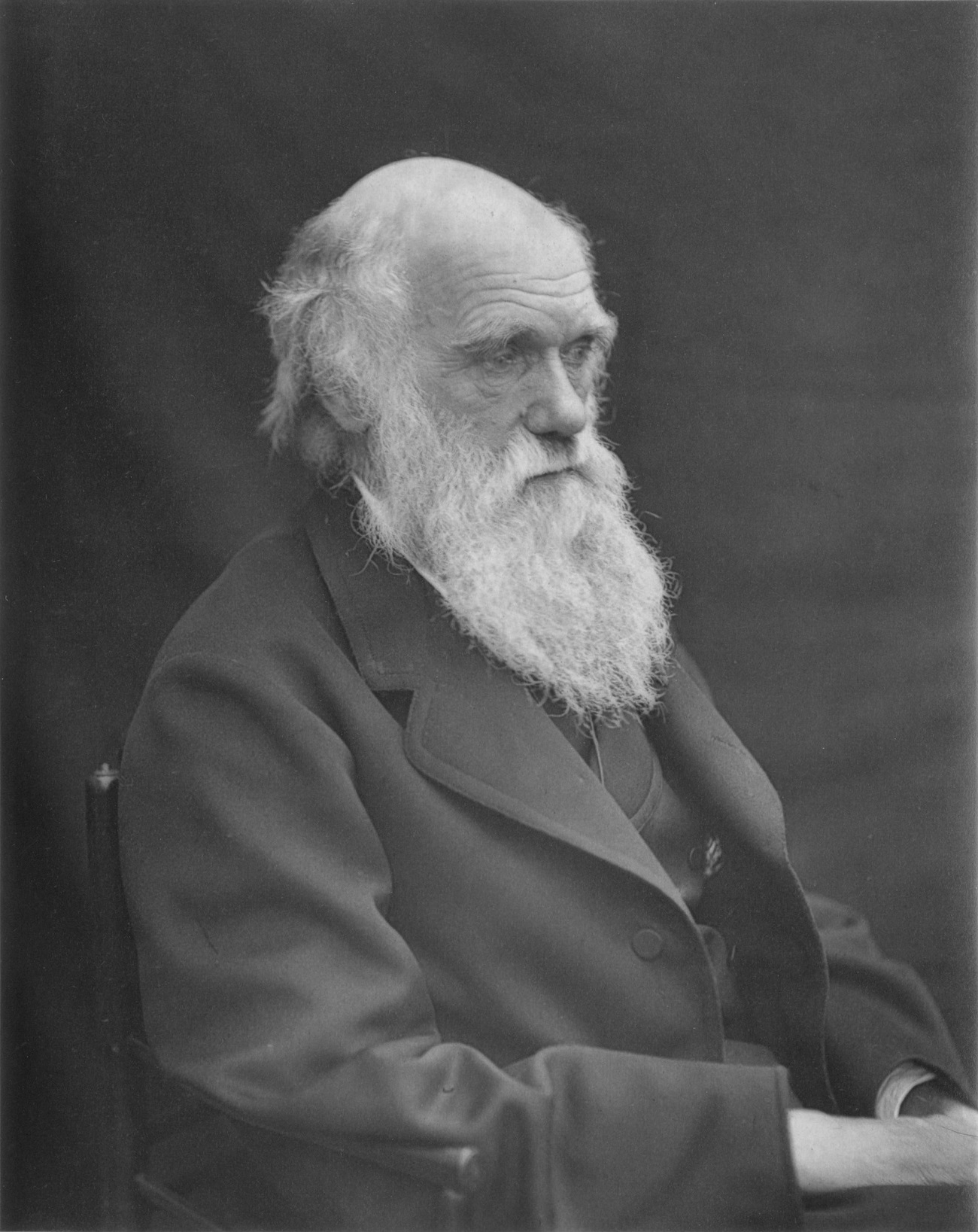
Charles Robert Darwin was an English naturalist, geologist, and biologist, widely known for contributing to the understanding of evolutionary biology. His proposition that all species of life have descended from a common ancestor is now generally accepted and considered a fundamental concept in science. In a joint publication with Alfred Russel Wallace, he introduced his scientific theory that this branching pattern of evolution resulted from a process that he called natural selection, in which the struggle for existence has a similar effect to the artificial selection involved in selective breeding. Darwin has been described as one of the most influential figures in human history, and he was honoured by burial in Westminster Abbey.

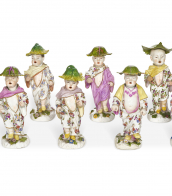
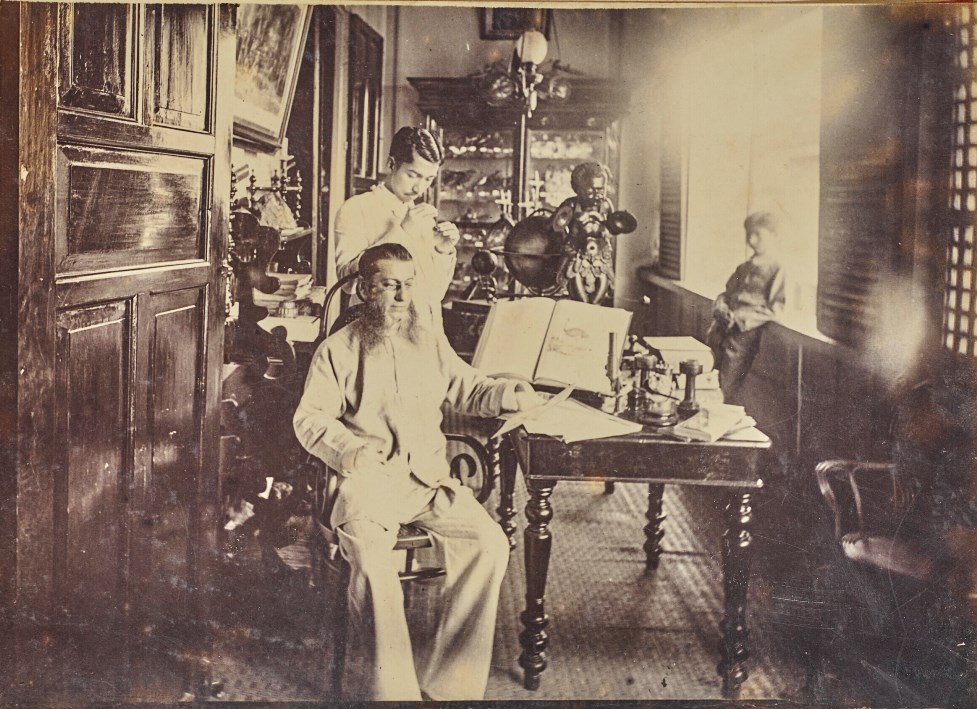
Pelayo Hipólito Fernández was a Spanish traveler and naturalist.
Fernández did extensive collecting work on the islands of Mindanao, Luzon, the Mariana Islands, and others. He founded a private zoological museum in Manila, which was incorporated into the National Museum of Natural Sciences.
In 1887, the Spanish Crown organized an exhibition to present the biodiversity of the Philippines to the Spanish public. For this exhibition, Fernández provided some 2,300 specimens of animals found in the islands, including 106 shells, among which were several type specimens. He also included ethnographic items in the exhibit, including the skulls of two outlaws.

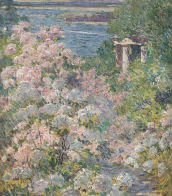
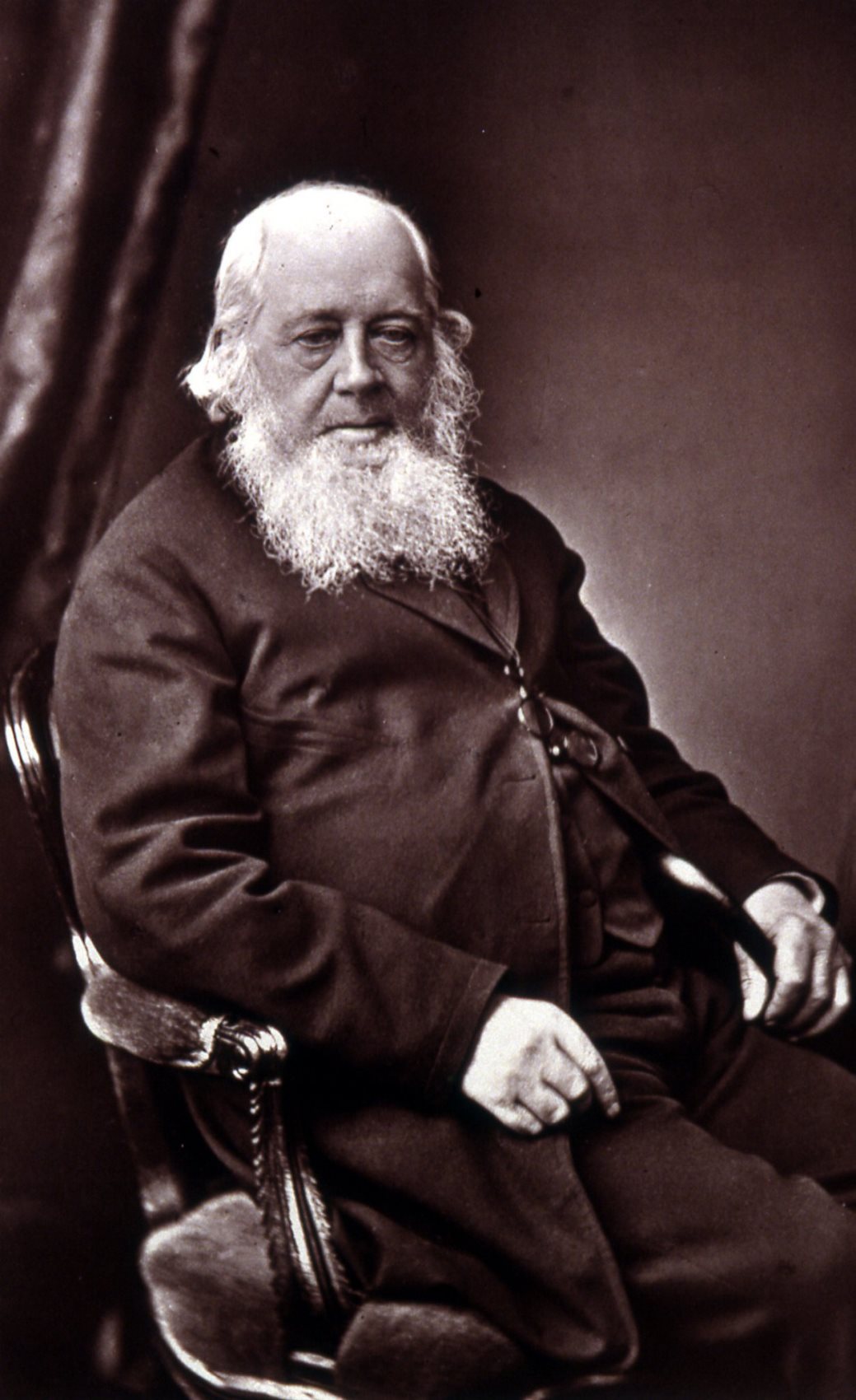
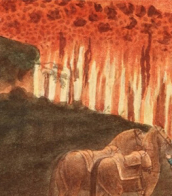

Charles Robert Darwin was an English naturalist, geologist, and biologist, widely known for contributing to the understanding of evolutionary biology. His proposition that all species of life have descended from a common ancestor is now generally accepted and considered a fundamental concept in science. In a joint publication with Alfred Russel Wallace, he introduced his scientific theory that this branching pattern of evolution resulted from a process that he called natural selection, in which the struggle for existence has a similar effect to the artificial selection involved in selective breeding. Darwin has been described as one of the most influential figures in human history, and he was honoured by burial in Westminster Abbey.
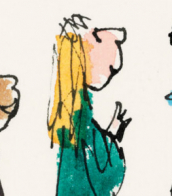
.jpg)
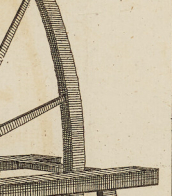

Charles Robert Darwin was an English naturalist, geologist, and biologist, widely known for contributing to the understanding of evolutionary biology. His proposition that all species of life have descended from a common ancestor is now generally accepted and considered a fundamental concept in science. In a joint publication with Alfred Russel Wallace, he introduced his scientific theory that this branching pattern of evolution resulted from a process that he called natural selection, in which the struggle for existence has a similar effect to the artificial selection involved in selective breeding. Darwin has been described as one of the most influential figures in human history, and he was honoured by burial in Westminster Abbey.

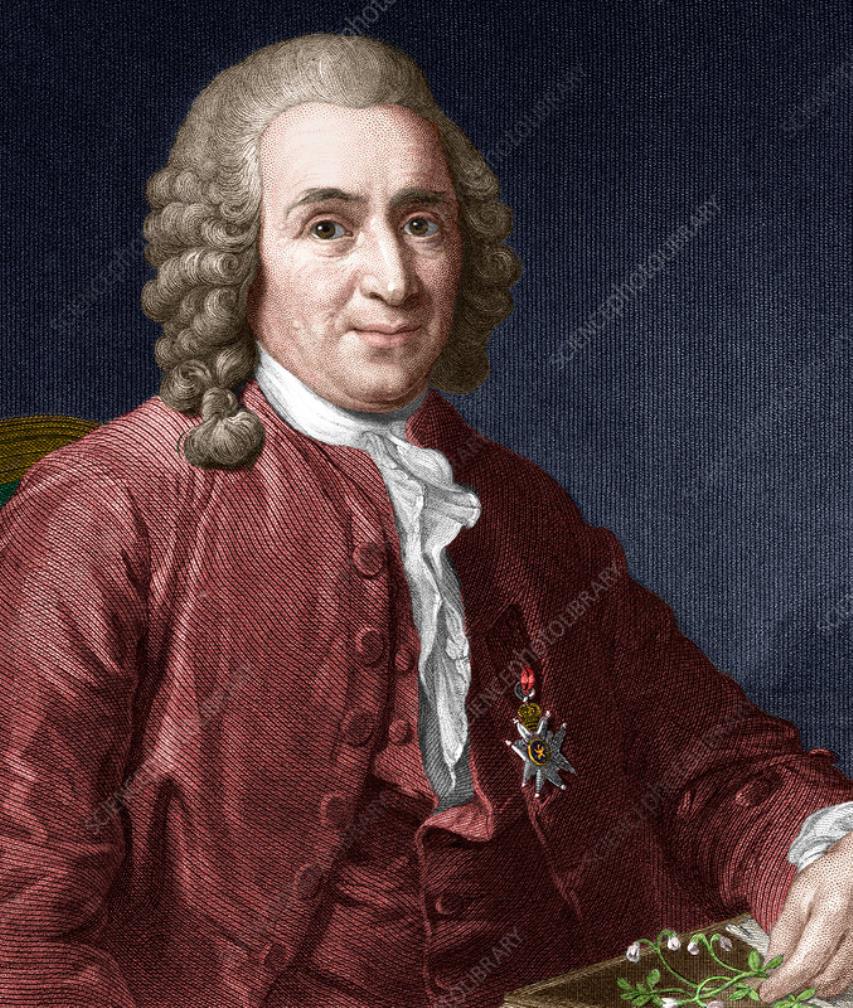
Carl Linnaeus was a Swedish naturalist, botanist and physician.
Carl Linnaeus created a unified system of classification of flora and fauna, in which he summarized and organized the knowledge of the entire previous period of development of biological science. He was the first to formulate the principles of definition of living beings of natural nature and created a unified system of their names, binary nomenclature. Linnaeus' book "The System of Nature", first published in 1735, is one of the most important books in the history of science and practically opened the classification of plants and animals.
Linnaeus was a professor at Uppsala University for many years, and he is also valued in Sweden as one of the creators of the literary Swedish language in its modern form. In addition to his work in botany and scientific classification, Linnaeus led many activities for the betterment of his native country. He was also involved in the establishment of the Royal Swedish Academy of Sciences.

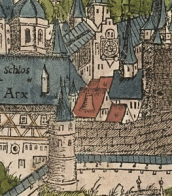


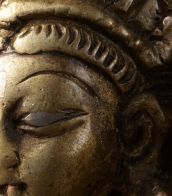
![Thomas Pennant | The British zoology. London, [1761]-1766, fine coloured plates](/assets/image/picture_3553052/cf9ca/5vmcpiiefschwxfd644hmmxujwr-inwgmjwdqtkchu1wuxzb45ec2hhjerbwp1699094282jpg__fix_374_244.jpeg)
![Thomas Pennant | The British zoology. London, [1761]-1766, fine coloured plates](https://veryimportantlot.com/assets/image/picture_3553052/cf9ca/5vmcpiiefschwxfd644hmmxujwr-inwgmjwdqtkchu1wuxzb45ec2hhjerbwp1699094282jpg__fix_374_244.jpeg)
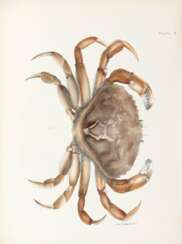

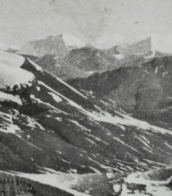
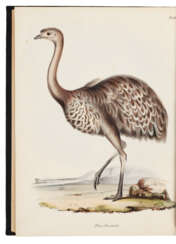

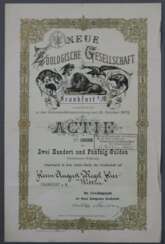




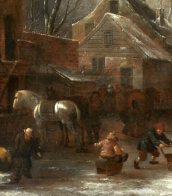


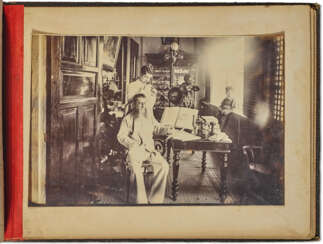

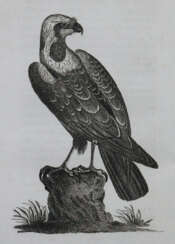

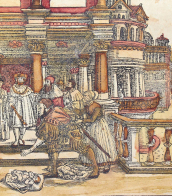
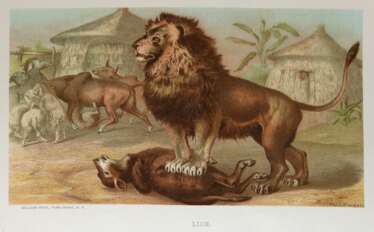

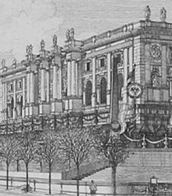
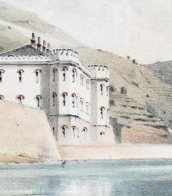
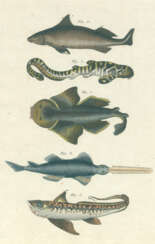



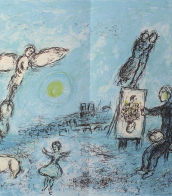


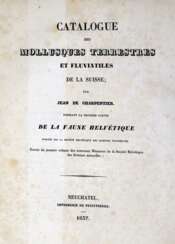

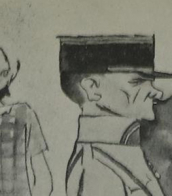
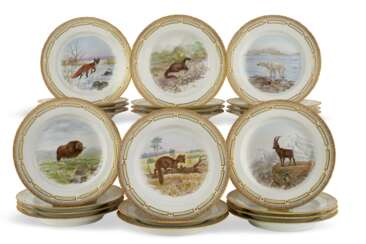

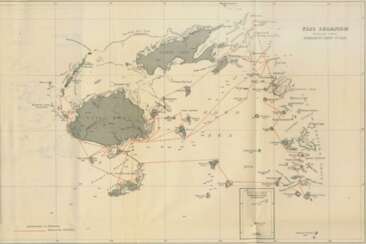

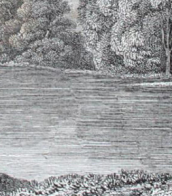
![John Gould | A monograph of the trochilidae, or… humming-birds [with supplement]. London, 1849–1887, 6 volumes](/assets/image/picture_3552940/b094e/kdmit0n6uq1f2b2uhgbazcrfdho9rt1csmh5zubfj-qmaakjbbcjxxkz5sgweau81699088078jpg__fix_374_244.jpeg)
![John Gould | A monograph of the trochilidae, or… humming-birds [with supplement]. London, 1849–1887, 6 volumes](https://veryimportantlot.com/assets/image/picture_3552940/b094e/kdmit0n6uq1f2b2uhgbazcrfdho9rt1csmh5zubfj-qmaakjbbcjxxkz5sgweau81699088078jpg__fix_374_244.jpeg)


